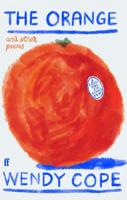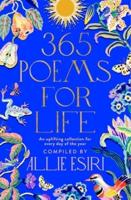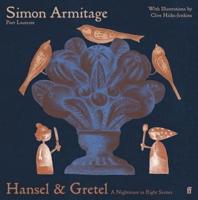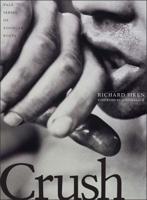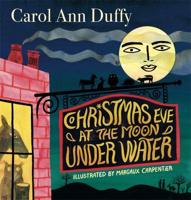Publisher's Synopsis
Poetry. Life happened before it was over. Then there is the sorting out that empties into overlaid panes, mind's planets, which Bill Lavender navigates in MY ID with consummate élan and a strong dose of 'impolite, unpolitic' dissent.--Charles Bernstein
Bill Lavender's MY ID traverses a terrain that is at once grounded in the details of an individual life and the collective unconscious, where we cannot always tell if we wake or sleep. Is it an ironic fact that our lives are defined from first to last by Social Security IDs, as the title poem--breath-taking in its condensatory scope--recounts. Koan-like in its dance with the ID, as another poem muses: 'try to tell the simple truth/ and the repressed slips /out in the accident.' Lavender is both erudite and nonchalant, and that's a potent blend. It is a rare pleasure to read poems of such frank and capacious vision, encompassing meditations on mortality (that final exile, 'the dream from which I will not awaken'), the aesthetic death of the author ('I can say I but / I can [also] disappear'), and the etymology of Police (the tour de force chapbook which closes the volume). Like the carpenter he once was, with MY ID Lavender nails it.--Cynthia Hogue The subject of MY ID is self-sameness and difference: identity (responsive, shifting, and interdependent) and passage, and to read this book is to ride (as passenger) in a state of balanced satisfaction and saudade. 'Like Baudelaire, ' Bill Lavender tells us, 'I was homesick / for places I had never been.' The beauty of this lucid and loving collection is in the fact that the author is at once at home in the world and also a stranger--an eager, hungry traveler--at home. MY ID is both poetry and criticism, an extended elegy and a celebration, and a wonderful way to go deep into the world that's changing around us, moment by moment: where, 'Even the born and raised' are refugees.--Laura Mullen In MY ID, Bill Lavender engages and deconstructs the confessional as political act, religious gesture and literary subgenre, all three dovetailing into the Foucault-Derrida-esque essay-poem 'La Police.' The overall effect is symphonic--each poem gradually builds toward the epic ruminations of 'Tui: An Elegy' before leveling off at the philosophical meditations 'Of Dreaming' and 'Of Sighing.' MY ID is, in the end, a memoir in verse: elegant, wise and enthralling.--Tyrone Williams


